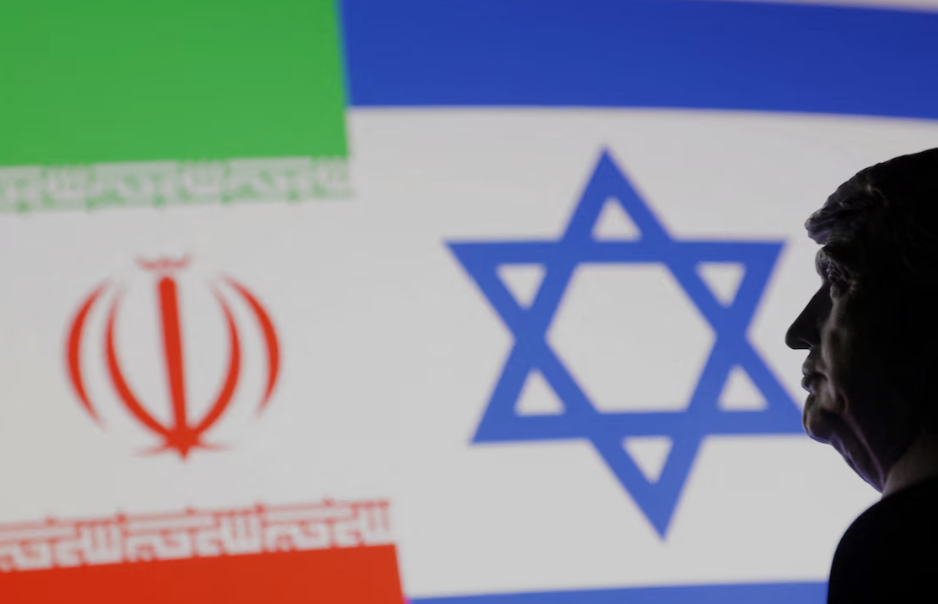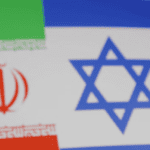President Donald Trump announced Monday evening that a “Complete and Total CEASEFIRE” agreement had been reached between Israel and Iran, potentially bringing an end to 12 days of escalating conflict across the Middle East.
“It has been fully agreed by and between Israel and Iran that there will be a Complete and Total CEASEFIRE,” Trump posted on social media, adding that the ceasefire would begin “in approximately 6 hours” and would phase in over a 24-hour period, ending the so-called “12-Day War.”
The president stated that Iran would initiate the ceasefire, followed by Israel 12 hours later. At the 24-hour mark, Trump said, the war would be “officially ended” and “saluted by the world.”
Trump’s announcement came from the White House Situation Room, where he has been monitoring the regional conflict since ordering strikes on Iran’s nuclear facilities last week.
Mixed Signals: Iran

White House Celebrates the Announcement
Vice President JD Vance appeared on Fox News minutes after Trump’s post, calling the development “good news.”
“The president was working the phones just as I left the White House. I read a draft of the post a few minutes before we went on air,” Vance said.
“It was a little different from what he showed me earlier, but it looks like he got it across the finish line.”
Vance also echoed Trump’s earlier claims that Iran’s nuclear capabilities were destroyed in last week’s strikes, adding: “Iran is incapable of building a nuclear weapon with the equipment they have, because we destroyed it.”
A Fragile Moment
While the announcement sparked cautious optimism in some diplomatic circles, the absence of confirmation from either Iran or Israel raised concerns that the ceasefire may be more of a political signal than a finalized agreement.
Analysts say both sides may be weighing their options after a symbolic round of retaliatory strikes. Iran launched missiles at US bases in Qatar and Iraq earlier this week — after warning Qatar in advance and reportedly ensuring no casualties. The US chose not to escalate in return, signaling restraint.
What’s Next?
Without confirmation from Tehran or Tel Aviv, Trump’s announcement appears premature, though not impossible. If accepted, the deal could de-escalate one of the most dangerous flashpoints in recent Middle East history — involving nuclear sites, regional proxies, and tens of thousands of US troops.
But if Iran follows through on threats of continued retaliation, the situation could spiral again — especially as both nations continue trading evacuation alerts and strikes.
The next 24 hours — the window Trump proposed for the ceasefire to phase in — may prove decisive.
Disclosure: This article does not represent investment advice. The content and materials featured on this page are for educational purposes only.
Related:
Why Oil Prices Plunged and Stocks Rose After Iran’s Missile Attack on US Bases
Markets Brace for Chaos as Strikes, Inflation, and FED: What to watch this week
Iran–Israel–US Conflict Erupts: Nuclear Strikes, Hormuz Threats, and Global Fallout
US-Iran Conflict Escalates After Strikes on Nuclear Sites: What We Know So Far
US Hits Iran’s Nuclear Sites — Iran Strikes Back as War Escalates
Rising oil prices, inflation fears, and geopolitical volatility unsettle investors










